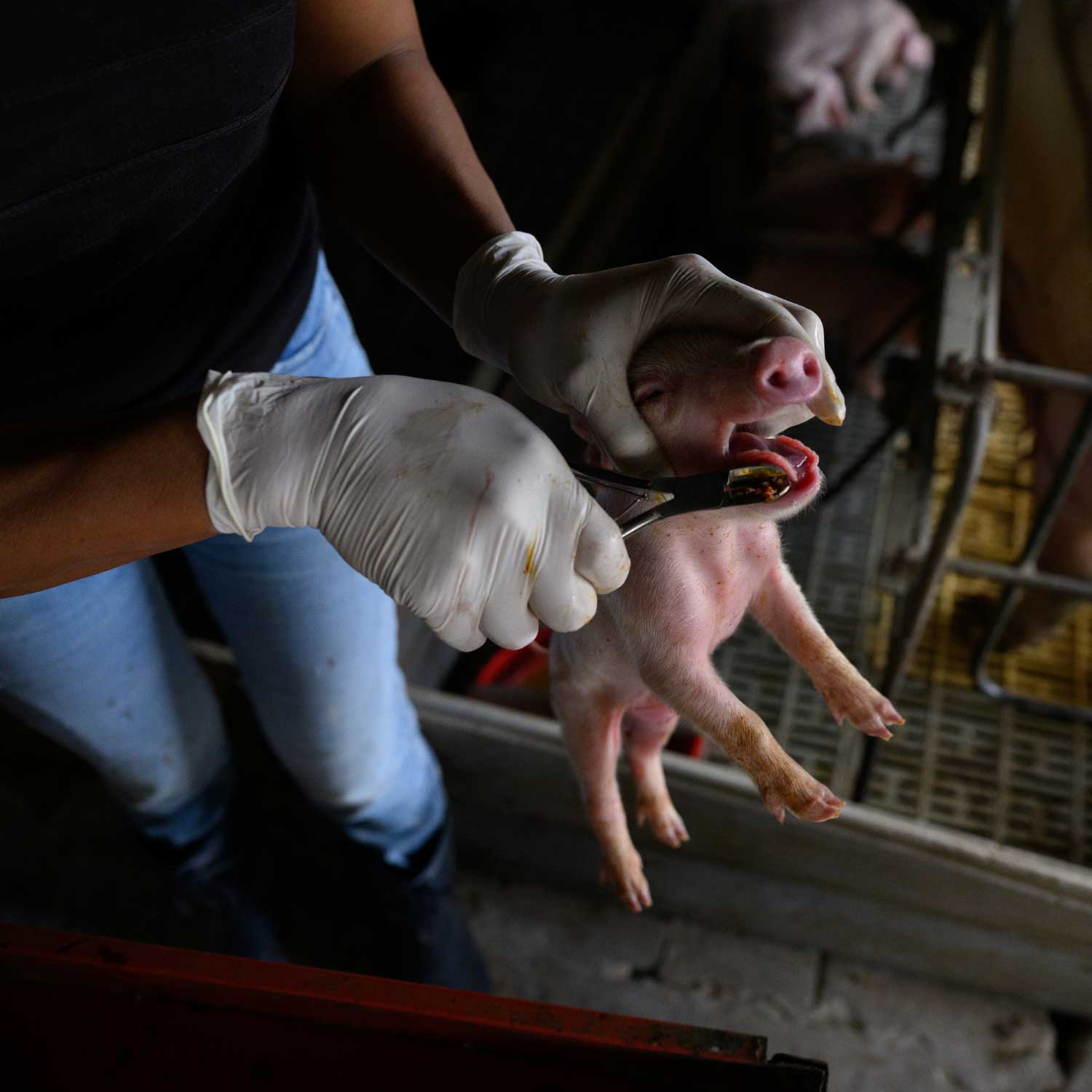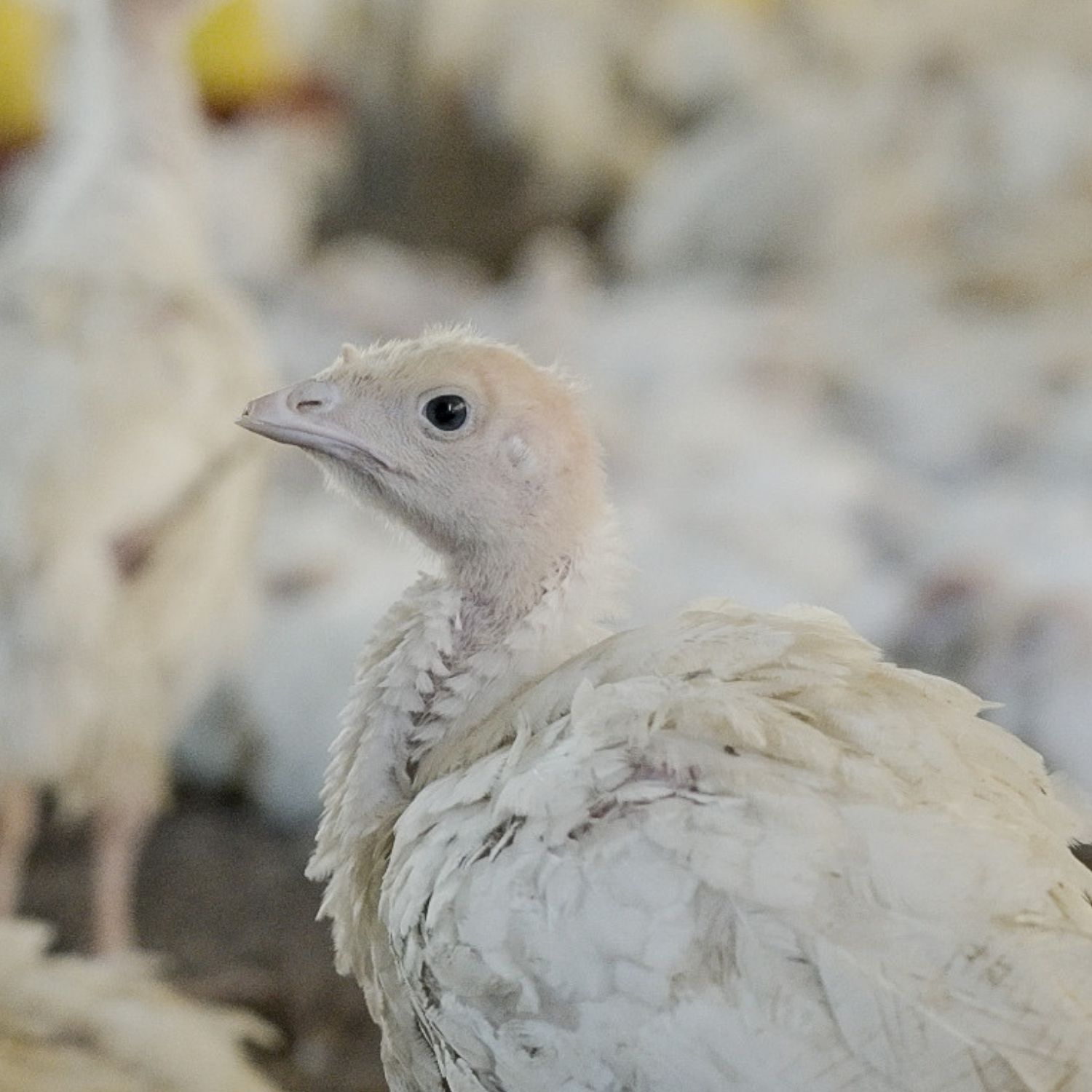COVID Relief Bill Would Pay Meat Industry to Massacre Animals

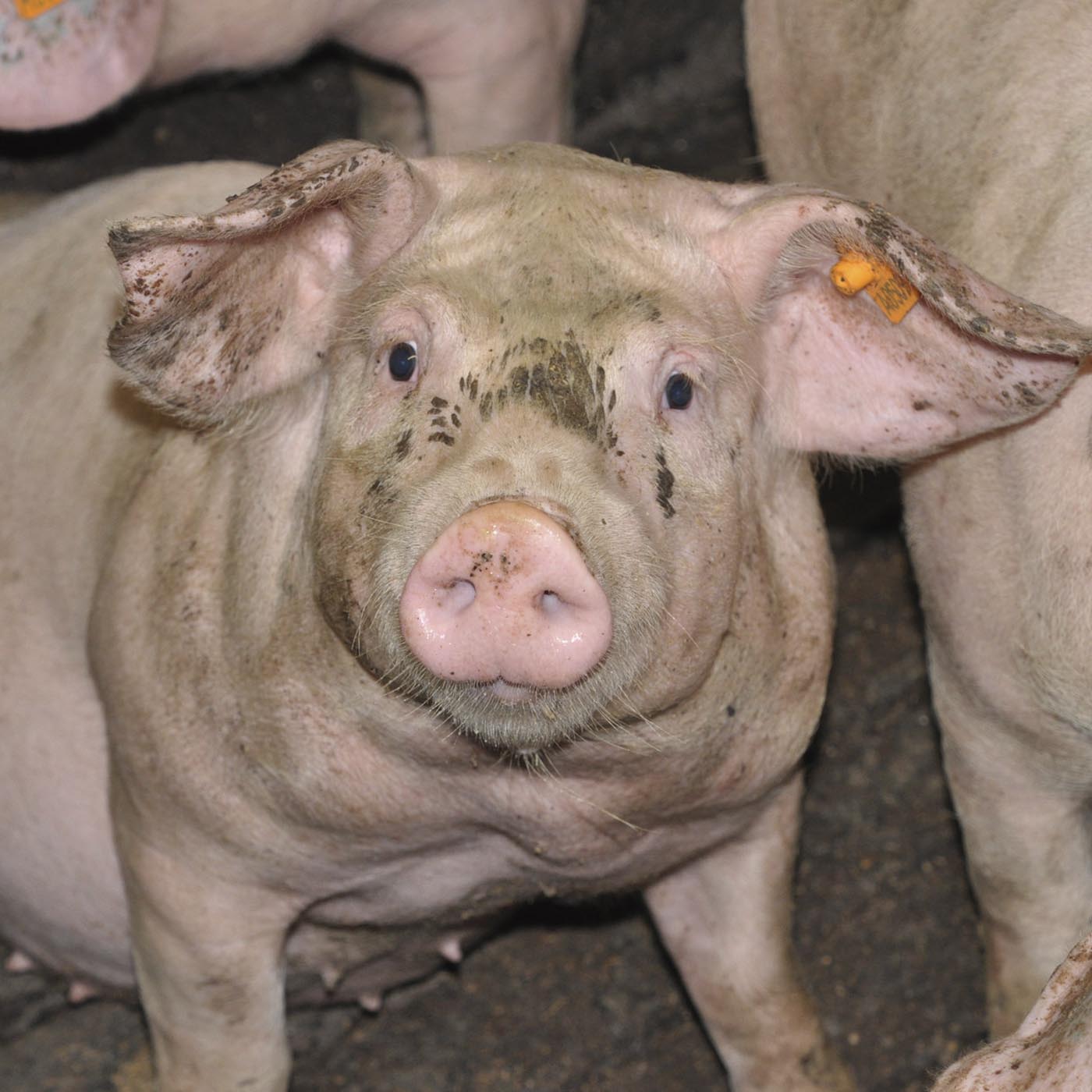
The HEROES Act disregards animal welfare groups’ asks regarding depopulation and slaughter line speeds.
Two weeks after President Trump moved to protect meat industry profits by designating meat processing facilities as “critical infrastructure,” apparently it is now Congress’s turn to do the industry’s bidding.
In the latest coronavirus relief package, introduced in the United States House of Representatives on Tuesday, lawmakers have disregarded both of the major issues animal protection groups have been bringing to their attention: increased slaughter line-speeds, and the mass killing (“depopulation”) of millions of pigs and chickens across the country.
WASTE, BUT WANT NOT: The latest relief bill – the Health and Economic Recovery Omnibus Emergency Solution (“HEROES”) Act – would reimburse meat producers for 85 percent of the financial losses they incur as a result of killing whole barnfuls of chickens, pigs, or other farmed animals. These mass killings are the result of supply-chain disruptions, as slaughterhouses across the U.S. have temporarily halted operations due to widespread outbreaks of COVID-19 among workers. Without anywhere to send “market-ready” pigs and chickens, producers are simply killing their herds and flocks to make room for the next batch of animals already in the pipeline. The bodies of these culled animals are not sold for human consumption. Most will simply be composted (also at taxpayer expense).
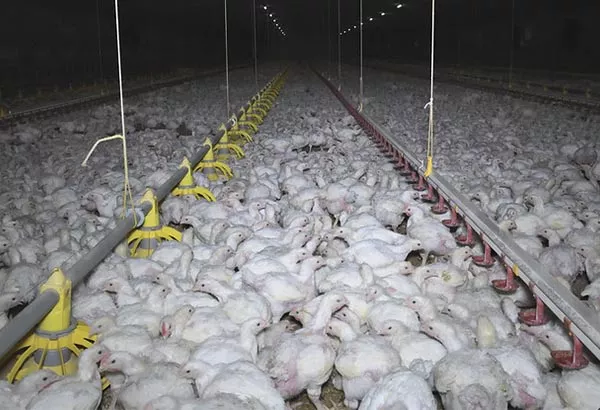
EVEN WORSE THAN SLAUGHTER: The methods producers use to carry out these mass killings are exceptionally cruel, ranging from suffocating the animals with foam or gas, to manually slamming them against the ground, to simply turning off the ventilation system in the barns and allowing the animals packed inside to slowly die of overheating. At a certain point, it simply becomes less expensive for producers to kill off their herds than to continue feeding the animals past market weight. And now, under the latest relief bill, producers will be compensated for those mass-killing costs as well. Those who choose to keep their animals alive will not receive the relief funds.
FULL SPEED AHEAD: One would think that, at a time when millions of farmed animals are literally being thrown in the trash and workers are getting sick due to crowded conditions at slaughterhouses, it would be wise to slow down the speeds at which these plants can operate. This is precisely what Animal Equality and other groups asked legislators to do by including a provision in the 1,815-page-long HEROES Act.
In our May 4th letter to congressional leaders, we stated: “We urge you to include language in the fourth coronavirus relief package directing FSIS to retract approvals for all plants currently operating at higher line speeds, cease issuing new approvals, and take additional steps to ensure social distancing. … The suspension of these dangerous systems will help protect workers from further injury, as well as protect animal welfare and food safety.”
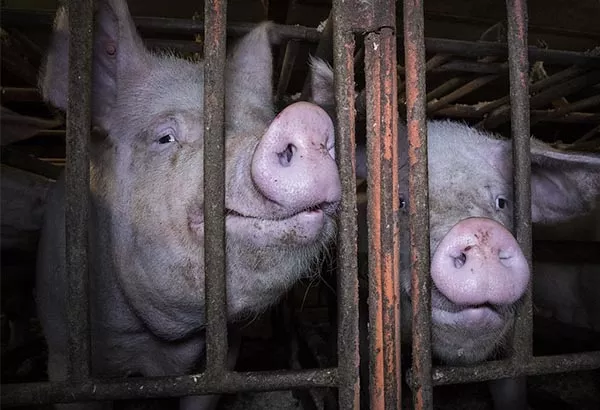
These industrial systems of animal exploitation should be stopped (as several federal lawmakers, including Cory Booker and Elizabeth Warren, have recently proposed)—not propped up by taxpayer money. And not only is protecting this harmful industry unethical and irresponsible (both fiscally and from a public health standpoint), some of the government’s attempts to do so are unlawful as well. This unlawfulness is the basis of our ongoing lawsuit against USDA for its new rule allowing slaughter plants to kill pigs at unlimited speeds.
WHAT YOU CAN DO: To quote Jonathan Safran Foer, “Your next meal is the moment to withdraw your support from the most cruel and destructive industry in America.” Foer’s recent article in the Washington Post reiterates all the reasons the HEROES Act’s support of the industry is so backwards. You can let your federal representatives know you feel the same, by sending them a message expressing your frustration with Section 60102 of the bill (H.R. 6800). Unlike meat production, your participation is essential.
URGE YOUR REPRESENTATIVE TO OPPOSE THE HEROES ACT AS WRITTEN

